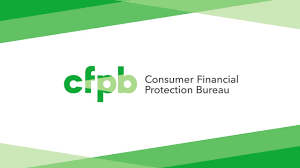The Consumer Financial Protection Bureau (Bureau) issued a final rule to restate and clarify prohibitions on harassment and abuse, false or misleading representations, and unfair practices by debt collectors when collecting consumer debt. The rule focuses on debt collection communications and gives consumers more control over how often and through what means debt collectors can communicate with them regarding their debts. The rule also clarifies how the protections of the Fair Debt Collection Practices Act (FDCPA), which was passed in 1977, apply to newer communication technologies, such as email and text messages.
The rule establishes a presumption on the number of calls debt collectors may place to reach consumers on a weekly basis. A debt collector is presumed to violate federal law if the debt collector places telephone calls to a particular person in connection with the collection of a particular debt more than seven times within seven consecutive days or within seven consecutive days of having had a telephone conversation about the debt.
The rule also clarifies how consumers may set limits on debt collection communications to reflect their preferences and the limits on communicating with third parties about a consumer’s debt. The rule requires debt collectors who communicate electronically to offer the consumer a reasonable and simple method to opt out of such communications at a specific email address or telephone number. The rule also provides that consumers may, if the debt collector communicates through a medium of electronic communications, use that medium of electronic communications to place a cease communication request or notify the debt collector that they refuse to pay the debt.
The rule further clarifies that the FDCPA’s general prohibition on harassing, oppressive, or abusive conduct applies to telephone calls as well as other communication media, such as email and text messages, and provides examples demonstrating how the prohibition restricts emails and text messages. It also generally restates the FDCPA’s prohibitions regarding false, deceptive, or misleading representations or means and unfair or unconscionable means.
If you are in debt and would like to speak to an attorney, call our law office at 816-524-4949 or visit our website.

